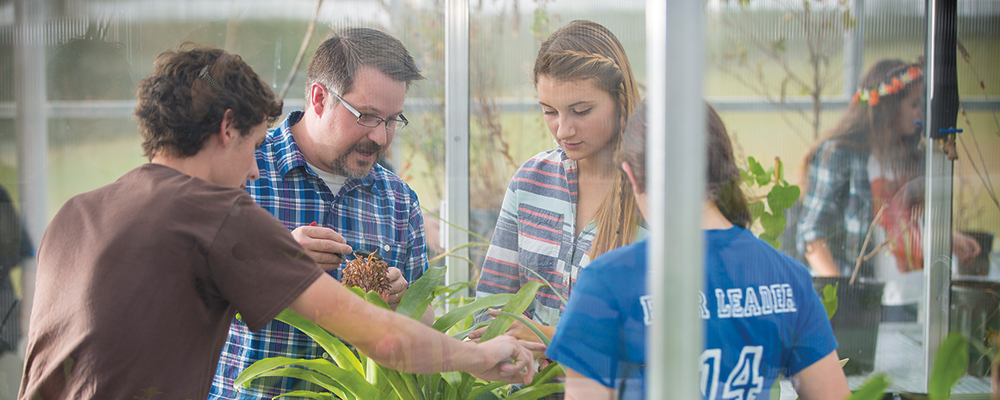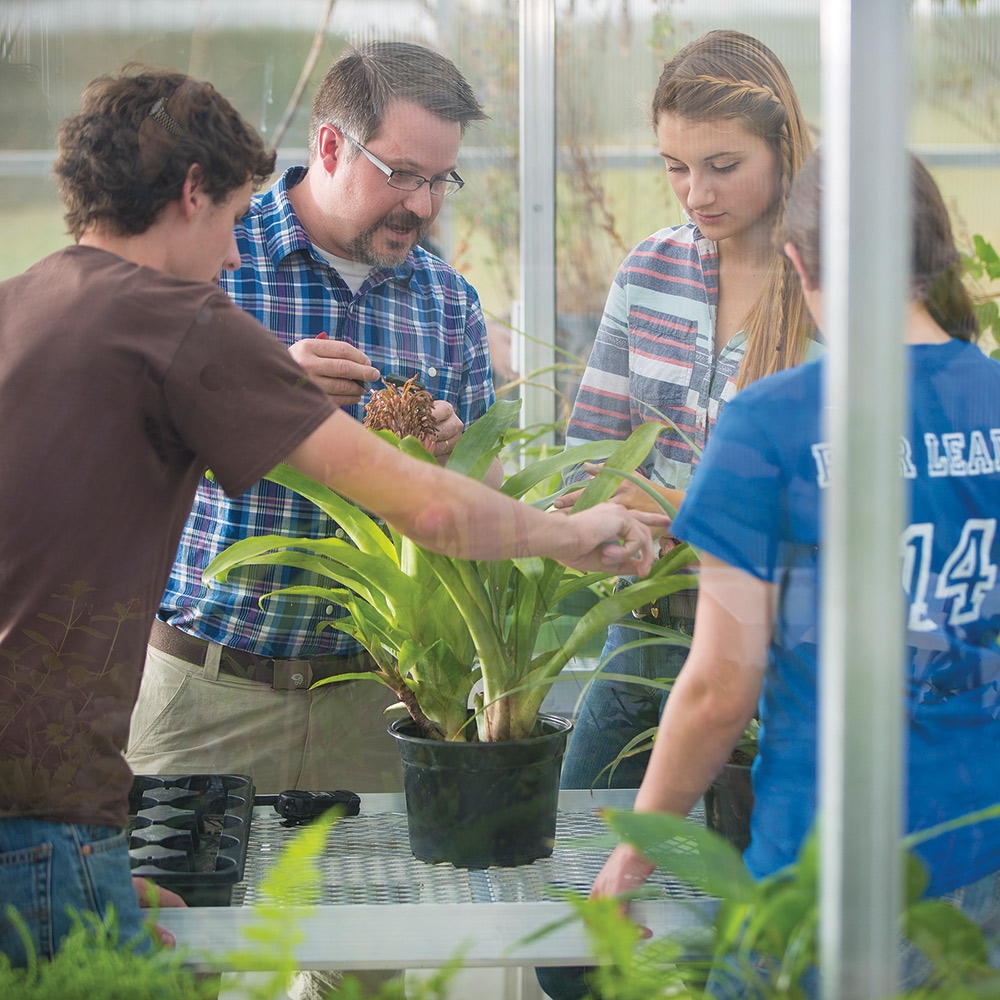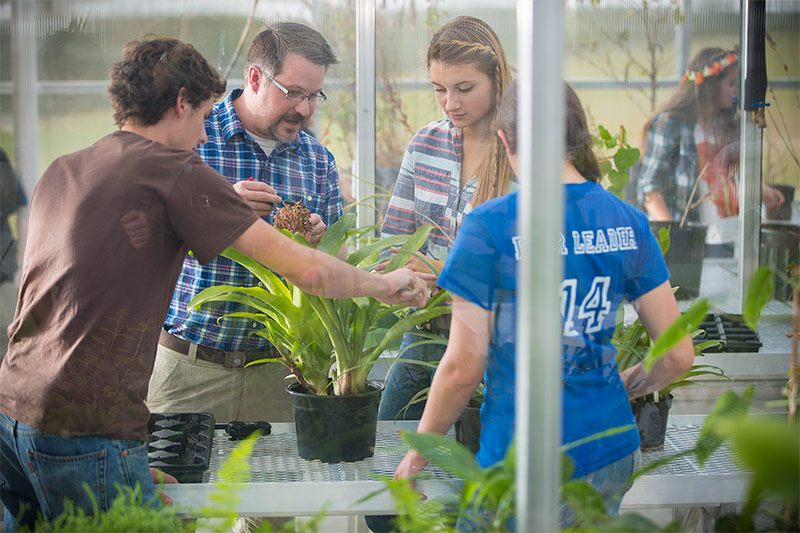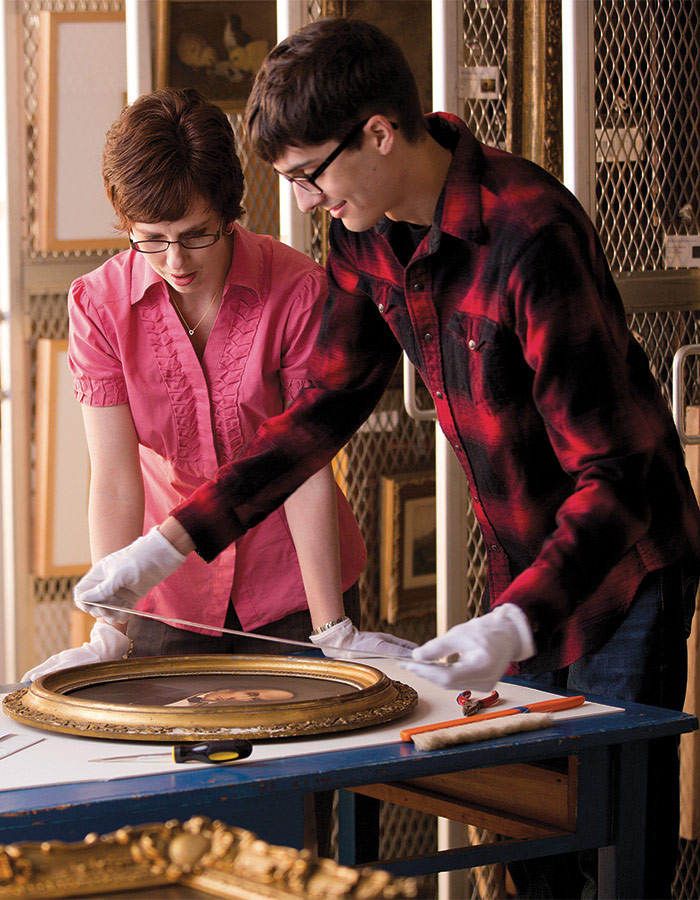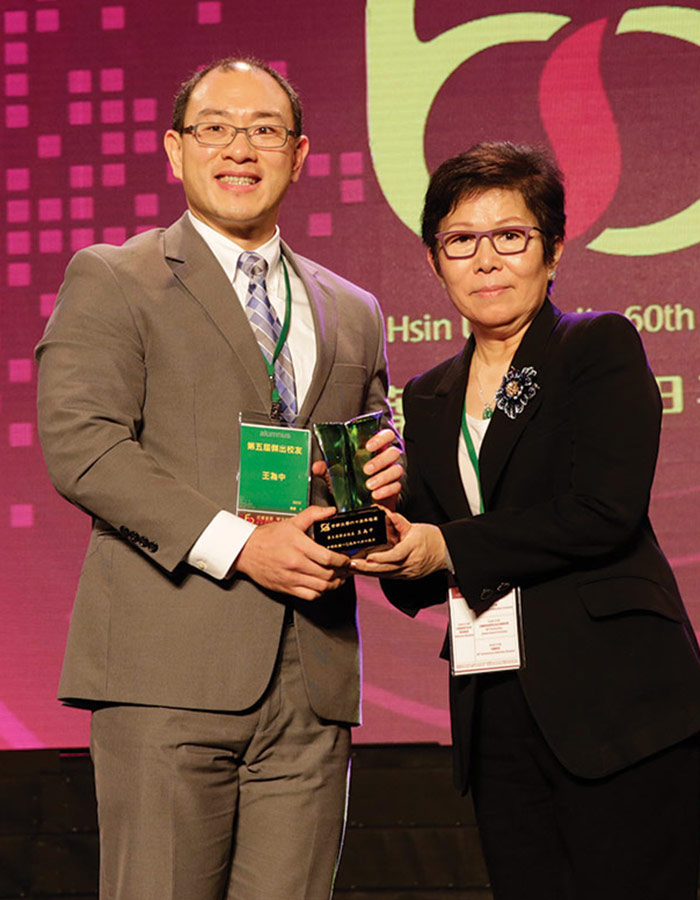When Norris entered college at Brown University, he began his undergraduate year interested in international relations. He had spent a summer during high school working for a refugee advocacy group in Washington, D.C., and also volunteered at a refugee camp in Nepal.
“I was interested in advocacy and human rights and thought anthropology and public policy would be a good way to further my interests,” he says.
But the outdoors were always beckoning Norris, who spent time searching for summer jobs in national parks. He worked at several parks, including Acadia in Bar Harbor, Maine, where he enjoyed talking about the outdoors.
“It took me a couple of years to realize doing outdoor things is what I really like to do,” Norris says. So, he shifted his major to environmental studies. “I took biology and combined it with public policy to study conservation issues.”
Soon, Norris began thinking about what he was going to do after he graduated. “I knew it would be useful to think about being outdoors as an occupation, not just a hobby,” he says. He recognized the need to incorporate research and not focus solely on policy advocacy. A helpful adviser suggested he further his education by enrolling in a master’s curriculum. And, Norris was accepted into the Yale School of Forestry program.
“I’m most passionate about the interactions with the students and the faculty. Those interactions give purpose, vitality, and meaningfulness to being here.”
Norris Muth, Associate Professor of Biology
“I wasn’t thinking about research, but it made a lot of sense to get into it. I started doing more research and really liked what I did,” he says.
Norris delved into his investigations. He appreciated every aspect—reading, analyzing, even prepping and collecting data. A healthy portion of his exploration enabled him to be outside, which is still at the core of what Norris enjoys doing most.
While studying at Yale, Norris met his wife, Allyson, who was also in the forestry program. “She likes to say that she was drawn to me because I knew the Latin names of the trees we were looking at. It’s a lesson that knowing scientific names of species is handier than you can imagine,” Norris says.
After commencement, Norris enrolled in a doctorate program, as did Allyson.
“I liked sharing and being in a group with people who are likeminded enough to be interested in the same questions,” Norris recalls. “We would throw ideas around and engage. We’d dissect topics and put them back together. Those things are really motivational to me.”
BAllyson finished her dissertation before Norris and moved to State College for a job at Penn State University. Shortly after, Norris completed his doctorate in ecology and evolution from the State University of New York, Stony Brook. He went on to complete post-doctoral work at Muhlenberg University in Allentown, Pennsylvania. The duo weathered the long distance travel.
“We could see the forest through the trees; we knew we were working toward the same goal,” he says.
One day, Norris saw the job opening at Juniata. He knew it would allow him to be living with his wife in the rural environment they both desired. And, working at the College would enable him to continue his research in a place devoted to undergraduate research and other hands-on learning opportunities. Norris joined the Juniata community in 2007.
“My interactions here are very different than any place I’ve been— people get along and are outright nice,” Norris says.
That comradery is the spirit of Juniata and is present in the research he and other professors execute. One such collaboration was a project about the ecosystem. Norris and Chris Grant, associate professor of biological research, joined forces to research Hemlock trees. Those abundant trees, which are found along many streams, were dying. The duo and their students began an analysis to discover how the demise of those trees will impact the fish living in nearby streams. But, at Juniata, partnerships aren’t only for faculty.
“I’m most passionate about the interactions with the students and the faculty,” he said. “Those interactions give purpose, vitality, and meaningfulness to being here.”
Norris’ presence at Juniata also gives him the opportunity to return to his advocacy roots. He is a faithful supporter of the community, working with the Huntingdon Tree Commission. And he serves with the Mid-Atlantic Invasive Plant Council, where he helps to try to understand and manage invasive plants. Norris has hosted the council’s conference twice at Juniata and has brought the Pennsylvania Rare Plant Forum to campus as well.
Norris, Allyson, and their daughter, Grace, have found their home among the rolling hills and fertile lands in Pennsylvania. It took him awhile to get here, but he is content and feels fortunate to be able to do work he revels in, helping others achieve their goals, in this quiet and powerful place.
“I want to be able to help us understand how our interactions with each other and with the natural world influence it and shape it,” Norris says. “It’s about as important a thing as you could hope to do. I try to understand it and help people understand how their interactions with each other shape what’s left behind.”
